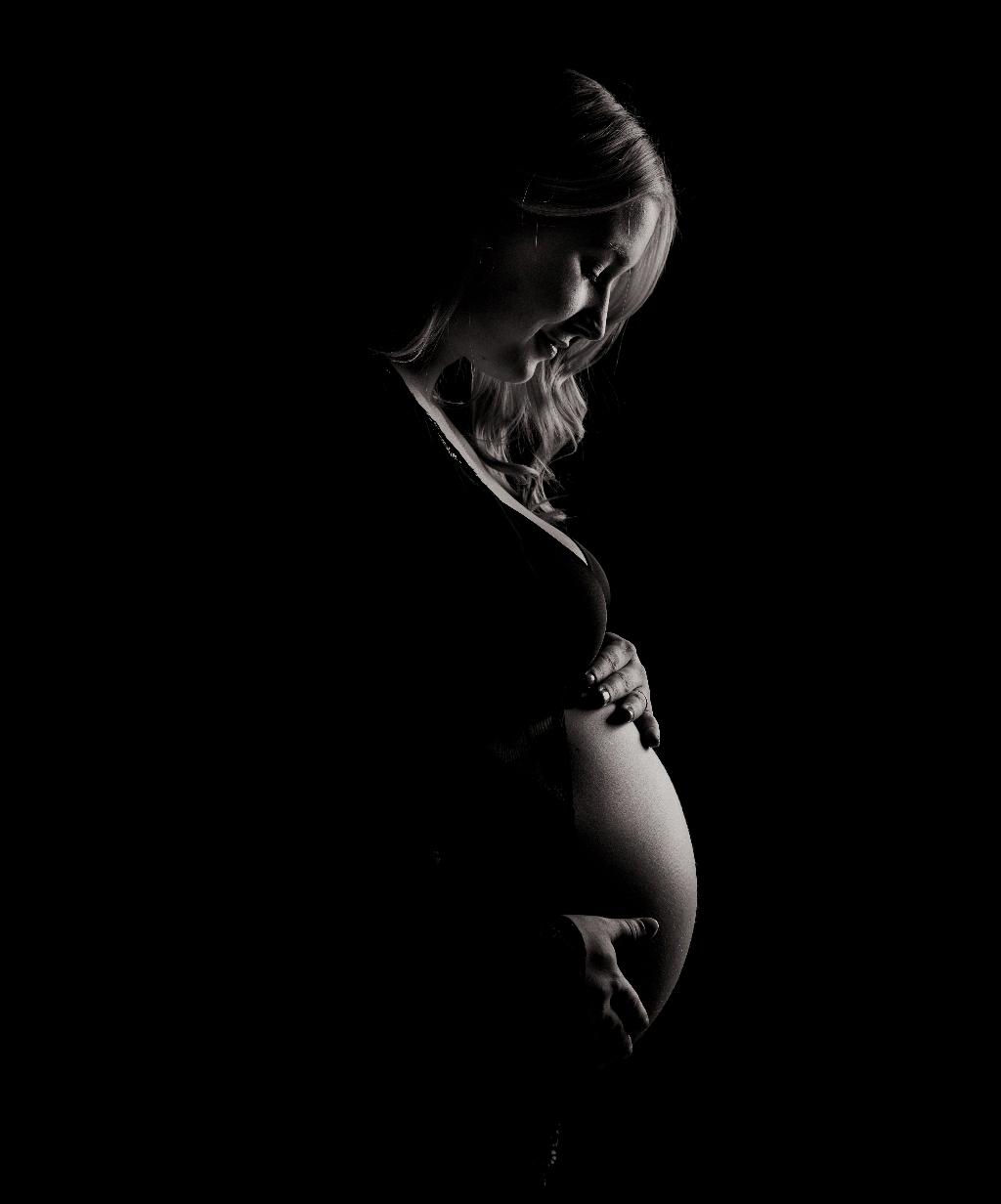Many expecting mothers wonder about the effects of coffee consumption during pregnancy on the risk of early labor. Research suggests that consuming moderate amounts of caffeine, which is found in coffee, does not directly cause early labor or preterm birth. The key is moderation, with experts recommending a daily intake of less than 200 milligrams of caffeine. This is roughly the amount found in one 12-ounce cup of coffee. It’s important to note that caffeine is not limited to just coffee but is also present in tea, chocolate, energy drinks, and some soft drinks.
The Role of Caffeine in Pregnancy
While caffeine is a stimulant that can pass through the placenta to the baby, moderate consumption is generally considered safe during pregnancy. Studies have shown that consuming small to moderate amounts of caffeine is unlikely to increase the risk of miscarriage or preterm birth. However, excessive intake of caffeine, typically defined as more than 300 milligrams per day, may be associated with negative outcomes and should be avoided.
Understanding Early Labor
Early labor, also known as preterm labor, occurs when contractions of the uterus cause the cervix to open earlier than it should. This can lead to preterm birth, which is defined as giving birth before 37 weeks of pregnancy. Factors that can contribute to early labor include infections, certain medical conditions, and lifestyle choices. The link between caffeine consumption and early labor is not well-established, but it’s essential to consider all potential risk factors during pregnancy.
Consulting with Healthcare Providers
Every pregnancy is unique, and it’s crucial for expecting mothers to consult with their healthcare providers about their individual circumstances. If you have concerns about caffeine consumption or its potential impact on early labor, discussing this with your doctor or midwife can provide personalized guidance based on your medical history and overall health.
Managing Caffeine Intake
For pregnant individuals who choose to consume caffeine, it’s essential to manage intake carefully. Keeping track of the amount of caffeine consumed from various sources, including coffee, tea, and other products, can help stay within the recommended limits. Additionally, being mindful of portion sizes and opting for decaffeinated alternatives when possible can be part of a balanced approach to managing caffeine intake during pregnancy.
Alternative Options
If you’re concerned about the potential effects of caffeine on early labor, there are alternative options to consider. Decaffeinated coffee and teas, as well as caffeine-free beverages, provide options for individuals who wish to reduce or eliminate their caffeine intake during pregnancy. Exploring these alternatives can help maintain a sense of normalcy while prioritizing the well-being of both the mother and the baby.
Listening to Your Body
During pregnancy, it’s essential to listen to your body and pay attention to how substances like caffeine may affect you. Some individuals may find that even small amounts of caffeine impact their sleep patterns, heart rate, or overall well-being. Tuning into these signals and making adjustments as needed can contribute to a healthier pregnancy experience.
Staying Informed
As research continues to evolve, staying informed about the latest recommendations regarding caffeine consumption during pregnancy is crucial. Healthcare providers and reputable sources can provide updated guidelines and insights into the potential impact of caffeine on pregnancy outcomes. By remaining informed, expecting mothers can make well-informed decisions that align with the current medical understanding.
Balancing Enjoyment and Health
For many individuals, coffee is a beloved beverage that provides comfort and enjoyment. Balancing the pleasures of coffee consumption with considerations for health during pregnancy is a personal journey. By finding a middle ground that prioritizes both physical well-being and emotional satisfaction, individuals can navigate the complexities of pregnancy with a sense of empowerment and understanding.
Final Thoughts
In conclusion, while moderate caffeine consumption from sources like coffee is generally considered safe during pregnancy, expecting mothers should be mindful of their overall intake level. When it comes to the question of whether coffee can cause early labor, current research indicates that moderate consumption is unlikely to directly lead to preterm birth. By discussing any concerns with healthcare providers and making informed choices, individuals can approach caffeine consumption during pregnancy thoughtfully and responsibly.

